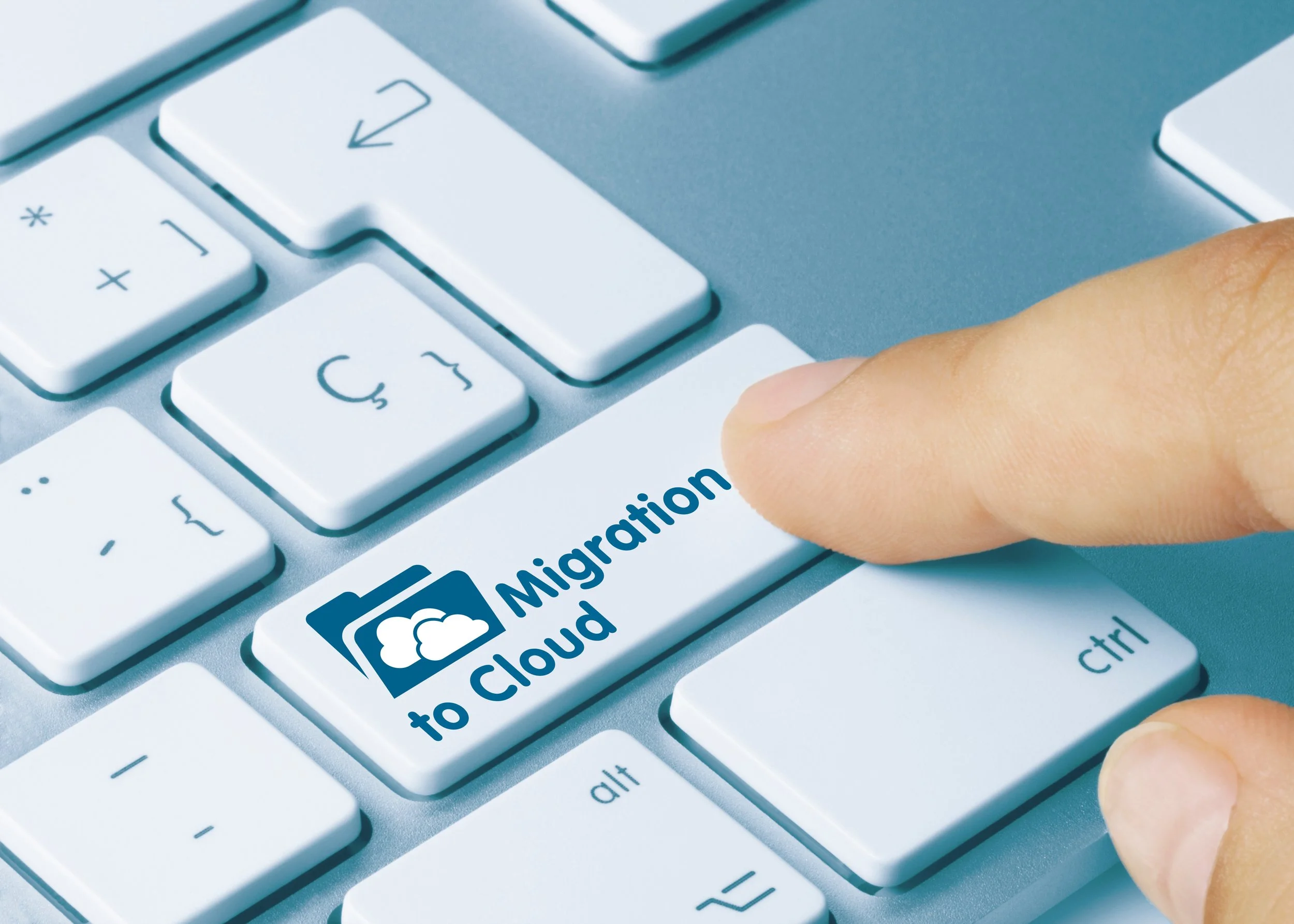Cloud Migration for Miami Businesses: What to Expect, Avoid, and Plan For
South Florida businesses are embracing the cloud faster than ever—driven by remote work growth, rising cybersecurity threats, customer expectations for speed, and the need for modern, scalable systems. Whether you're a real estate brokerage in Brickell, a healthcare practice in Coral Gables, or an accounting firm serving clients across Miami-Dade, moving to the cloud can unlock major efficiencies.
But a cloud migration is more than flipping a switch. To avoid disruption, downtime, or costly mistakes, Miami companies need a clear plan—one that reflects their unique operational challenges, workflow needs, and compliance requirements.
This guide breaks down what Miami businesses should expect, avoid, and plan for during a cloud migration, based on Tech Group’s hands-on experience supporting organizations across the region.
Why Cloud Migration Matters for Miami Businesses
Cloud infrastructure is no longer a “nice-to-have.” It’s the backbone of modern operations in 2025.
Key benefits include:
Stronger cybersecurity protections
Scalability as your business grows
Lower IT infrastructure costs
Better performance for remote and hybrid teams
Easier data access across multiple locations
Built-in redundancy during storms and outages
Simplified compliance and auditing
For Miami businesses dealing with unpredictable weather, a global workforce, and industries that rely heavily on uptime, cloud adoption is a competitive advantage—not a trend.
What to Expect During a Cloud Migration
Every migration is unique, but businesses can expect a few common stages.
1. A Full Assessment of Current Systems
Before moving any data or applications, your IT partner should evaluate:
Servers & storage
Software applications
Security configurations
Network strength & bandwidth
Existing bottlenecks
Industry compliance needs (HIPAA, FINRA, PCI, etc.)
This assessment determines what moves smoothly—and what needs upgrading.
2. A Custom Cloud Architecture Plan
The right cloud environment depends on your business model, size, and technical requirements.
Common models include:
Public cloud (Microsoft Azure, AWS, Google Cloud)
Private cloud (dedicated environment)
Hybrid cloud (mix of local + cloud systems)
SaaS solutions (Microsoft 365, Google Workspace, QuickBooks Online, etc.)
Most Miami SMBs choose a hybrid approach to maintain performance while increasing resilience.
3. Data + Application Migration in Phases
A migration happens step-by-step to minimize downtime.
Expect:
Transfer of files
Database migration
Server workload movement
User and access control transitions
Testing and verification at each stage
A well-planned migration keeps your team fully operational throughout.
4. Changes in Daily Workflows
Cloud systems streamline operations, but users may experience:
New login procedures
MFA requirements
Updated file-sharing protocols
Faster remote access
Better integration across tools
Your IT partner should provide training and onboarding to make the transition smooth.
5. Improved Security & Monitoring After the Move
Once in the cloud, businesses benefit from:
Stronger encryption
Automated security updates
Built-in backups
Real-time threat detection
And with Tech Group managing your environment, issues are identified before they affect productivity.
What to Avoid During a Cloud Migration
Cloud migrations can go wrong quickly without proper planning. Here are the most common pitfalls to avoid.
1. Migrating Without a Full Network Readiness Check
Many Miami offices operate with:
Overloaded Wi-Fi
Consumer-grade routers
Slow ISP speeds
No redundancy
The cloud is only as fast as your network. Upgrades may be required first.
2. Moving Everything at Once (Big Bang Migration)
This creates:
Long downtime windows
Higher failure rates
Employee frustration
Risk of data loss
Phased migration is safer, faster, and more predictable.
3. Ignoring Compliance Requirements
Industries like healthcare, finance, and legal are tightly regulated. Moving sensitive data incorrectly can lead to:
Fines
Legal exposure
Client distrust
Audit failures
Work with an MSP who understands compliance standards.
4. Not Securing Access Properly
Cloud access must include:
MFA
Password policies
Conditional access
Device compliance
Role-based permissions
An unprotected cloud environment is more dangerous than a protected on-premise system.
5. Underestimating Employee Training Needs
Your migration is only successful when your employees know how to:
Access cloud resources
Save files correctly
Use new tools
Follow security best practices
A lack of training leads to mistakes and productivity losses.
What Miami Businesses Should Plan For
The most successful cloud migrations happen when companies build a proactive roadmap.
1. Define Your Business Goals
Examples may include:
Better uptime
Remote team access
Lower server maintenance
Enhanced cybersecurity
Improved collaboration
Your cloud plan should support these long-term objectives.
2. Budget for Infrastructure Improvements
This may include:
Better firewalls
New switches or access points
Faster fiber internet
Replace aging servers with cloud-first solutions
Cloud savings often offset these upgrades over time.
3. Create a Backup and Disaster Recovery Strategy
This is especially crucial in South Florida.
Your DR plan should include:
Multi-location backups
Versioning and immutability
Regular restore testing
Clear RTO/RPO goals
A cloud migration is the perfect moment to strengthen resilience.
4. Build a Security Framework Around the Cloud Environment
Plan for:
MFA everywhere
Zero Trust Access
Endpoint protection
Email filtering
Vulnerability scanning
Network segmentation
Continuous monitoring
Cybersecurity is foundational—not optional.
5. Partner With a Local Managed IT Provider
A migration is too complex and too important to do alone.
Tech Group helps Miami businesses:
Plan their cloud strategy
Migrate without downtime
Optimize performance
Secure cloud environments
Train teams
Provide ongoing 24/7 support
Local expertise matters, especially when navigating South Florida’s unique landscape.
Final Thoughts: Cloud Migration Is an Investment in Growth, Security, and Stability
Moving to the cloud is one of the smartest decisions Miami businesses can make in 2025—but only when done strategically. With the right planning and a trusted IT partner, companies gain:
Greater reliability
Faster performance
Better cybersecurity
Lower long-term costs
Seamless remote access
Protection against storms and outages
Tech Group ensures your cloud migration is smooth, secure, and aligned with your future.

